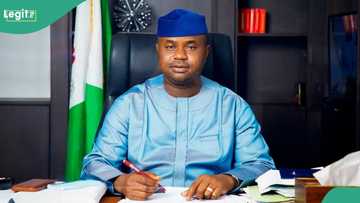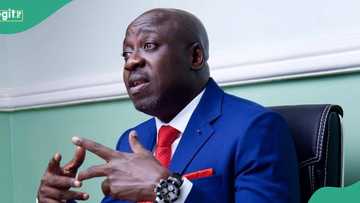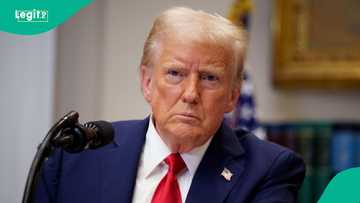Lawmaker Moves to Ban Civil Servants from Patronising Private Schools and Hospitals
- A landmark bill aimed at reforming Nigeria’s public service has passed its second reading, sparking national debate over the use of private schools and hospitals by government officials
- Sponsored by Abia lawmaker Amobi Ogah, the proposed legislation seeks to curb medical and educational tourism while restoring integrity to public institutions
- If enacted, public and civil servants, along with their immediate families, would be banned from patronising private education and healthcare, a move proponents say could revive trust and standards in Nigeria’s government services
A proposed legislation seeking to bar public and civil servants, along with their immediate families, from accessing private schools and hospitals has progressed to its second reading in Nigeria’s House of Representatives.
The bill, titled Private Institutions and Health Care Service Providers (Prohibition) Bill, 2025, was sponsored by Amobi Ogah, a member of parliament representing Abia State.
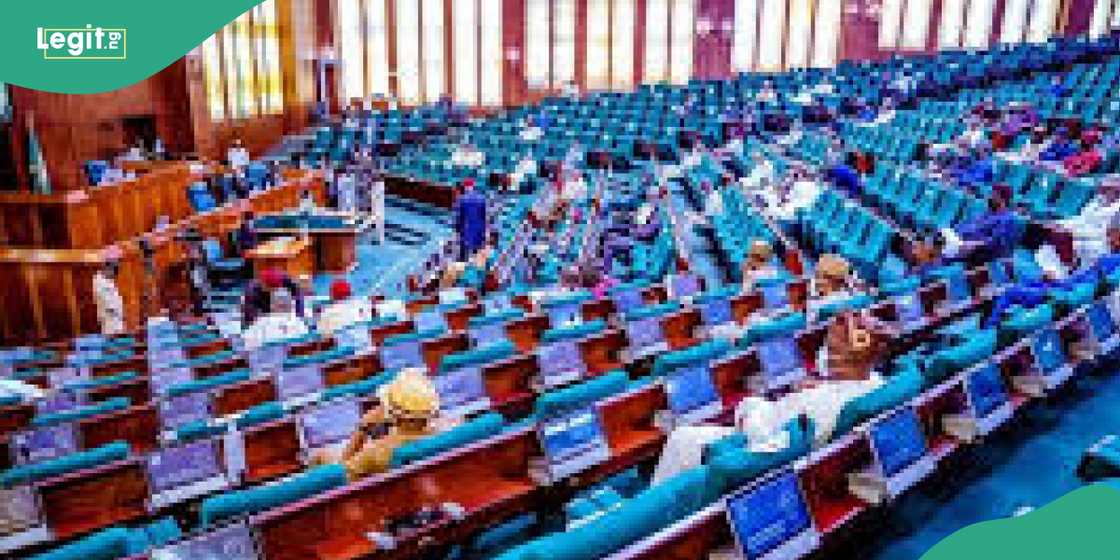
Source: UGC
It passed its second reading during plenary proceedings held on Tuesday.
Bill to end medical and educational tourism
Addressing journalists shortly after the plenary, Ogah stated that the objective of the bill was to “prohibit all public and civil servants, including their immediate family members, from patronising private schools and healthcare services.”
He emphasised that the legislation was designed to eliminate “conflict of interest, maintain public trust, and ensure high, uncompromised standards and integrity” across government-funded institutions.
The lawmaker argued that overreliance on private institutions had led to a systemic collapse in public services. “Due to the patronage of private schools and healthcare facilities,” he said, “their public counterparts have become a shadow of themselves, with little or no infrastructural development and fallen standards of services.”
Ogah added that the measure would help Nigeria restore credibility in its public institutions and improve global perception of the country. “We must, of necessity, restore confidence in our government institutions, like public schools and government hospitals, thereby promoting the image of our country in the comity of nations,” he said.
Historical perspective and economic burden
Ogah reflected on Nigeria’s founding statesmen—Ahmadu Bello, Nnamdi Azikiwe, Obafemi Awolowo, and Tafawa Balewa—who were products of public education before independence, lamenting that such commitment to government institutions was now lost. According to him, the “penchant” for private services “was alien to our democrats of old, but today, it has become an unwholesome trend for both public and civil servants… to the detriment of the nation’s economy.”
The legislator cited budgetary figures to support his argument. He noted that despite allocating N1.336 trillion to healthcare in the 2024 budget, Nigerians still spent “at least $29.29 billion on foreign medical expenses” during the administration of former President Muhammadu Buhari. On education, he reported that $38.17 million was spent on foreign schooling between January and March 2024 alone, adding to the $218.87 million recorded in 2023.
“The time for us all to tell ourselves the truth is now. We can no longer continue to inflict serious damage to the psyche of Nigerians,” he declared.
Previous legislative attempts failed
This is not the first time the National Assembly has debated similar proposals. In the ninth assembly, a bill aiming to require Nigerian-trained medical and dental practitioners to serve locally for five years before receiving full licensing was rejected. Likewise, in 2019, a motion to stop public officials from travelling abroad for medical treatment was also dismissed.
Despite previous setbacks, Ogah remained confident that the new bill would find favour among legislators and resonate with public sentiment. “It does not speak well of our country that our presidents and notable government functionaries are seen to be going abroad for medical treatment and even dying in the process,” he said.
The bill will now proceed to committee stage for further scrutiny.
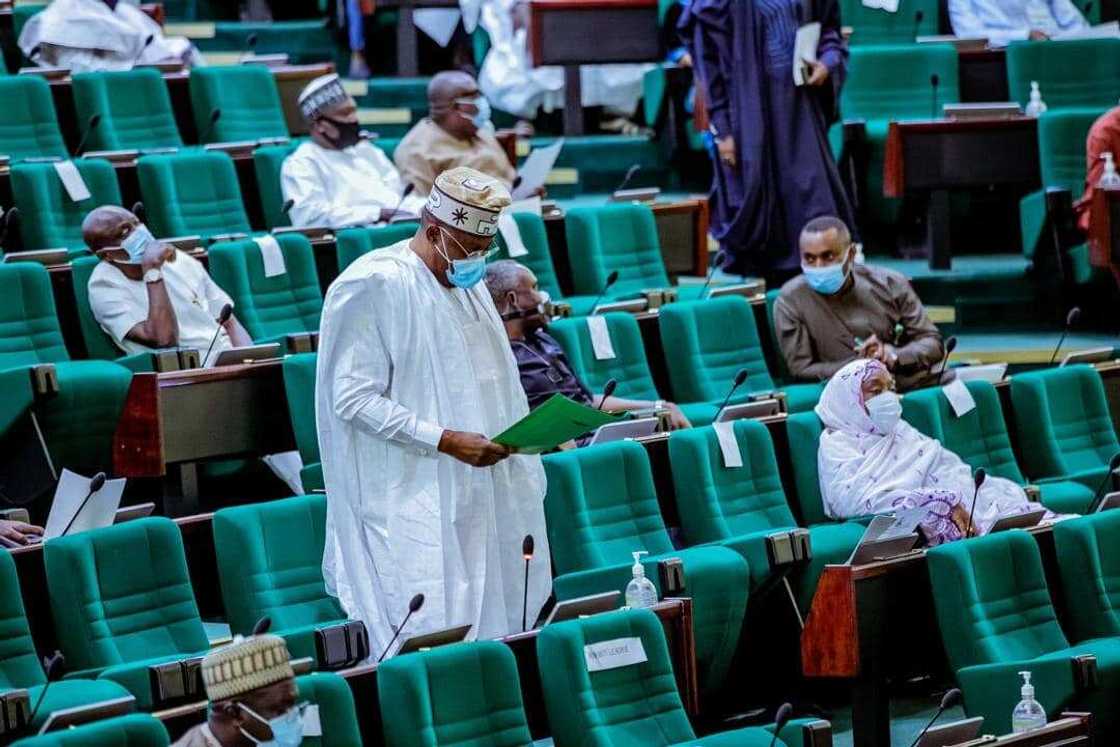
Source: Facebook
Reps move to ban sports betting in Nigeria
Legit.ng earlier reported that the reported plan by the House of Representatives to stop betting companies from operating in Nigeria has continued to generate reactions among prominent Nigerians.
Following the adoption of the motion by Kelechi Nwogu (PDP-Rivers), the lawmakers resolved to stop sports betting activities in the country.
They called on the National Lottery Regulatory Commission to ensure compliance with the Lottery Regulatory Commission Act 2005.
Source: Legit.ng

